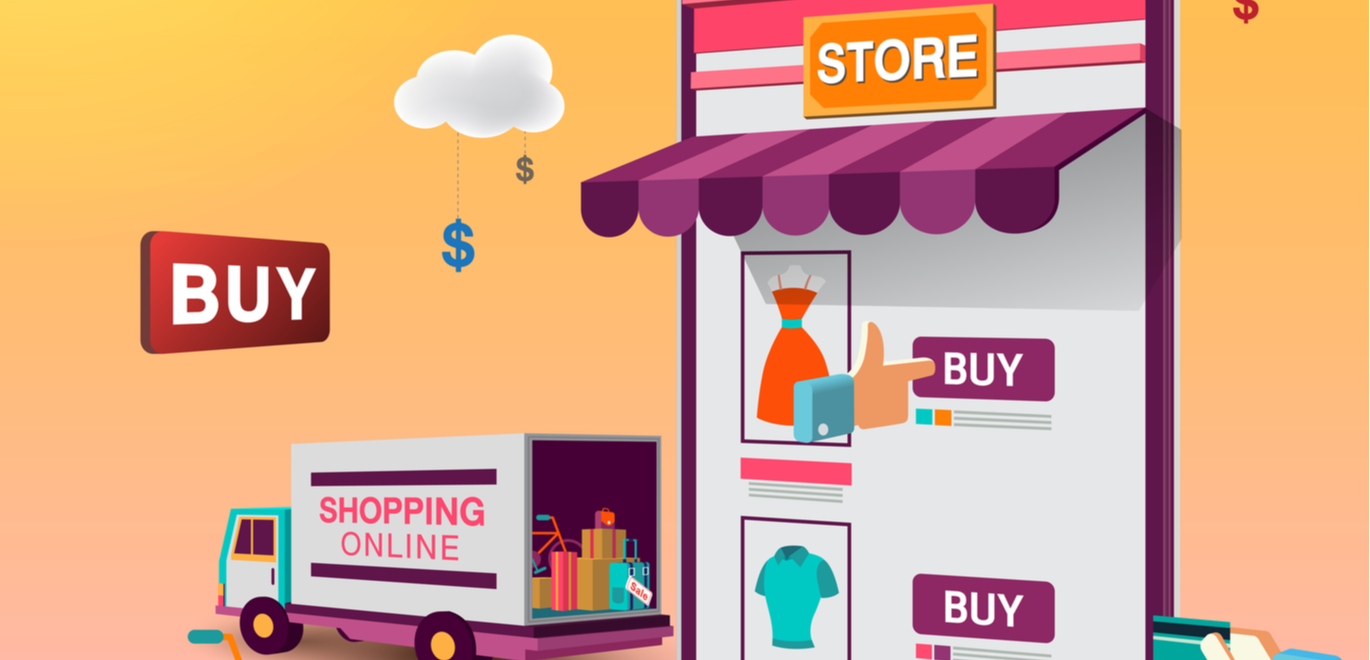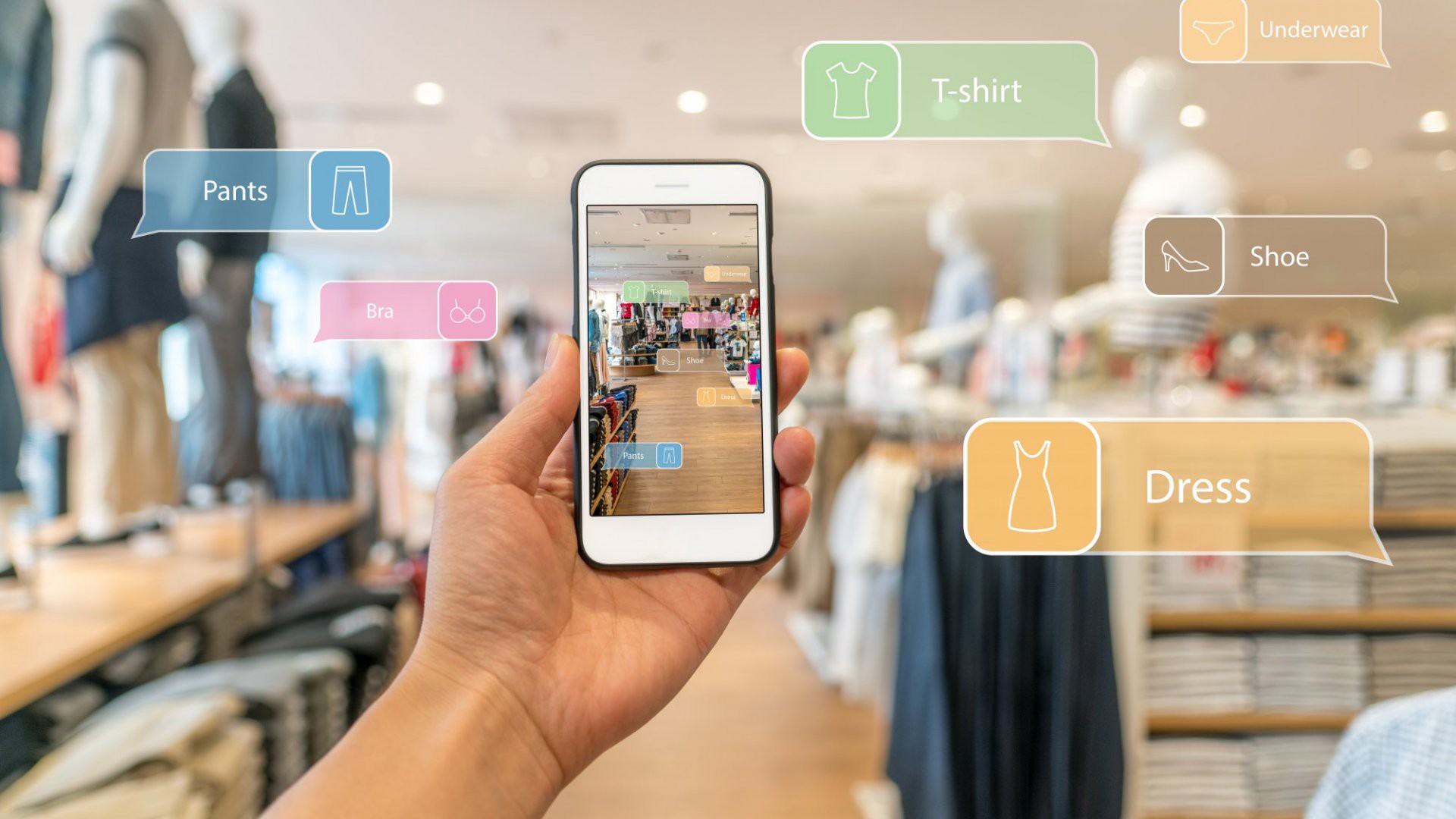
The widespread access to the internet has levelled the retail playing field, making it easy for individuals and businesses to sell products without geographic limitation. In 2020, U.S. e-commerce sales, thanks to a boost due to the COVID-19 pandemic, grew 44% and represented more than 21% of total retail sales, according to various reliable sources.
The growth of e-commerce has not only changed the way customers shop, but also their expectations of how brands approach customer service, personalize communications, and provide customers choices.
5 Trends Shaping the Future of Online Shopping
The pandemic, which pushed many consumers to change how they buy essential items, electronics, and clothing, has helped to reshape the future of online shopping and forced businesses to evolve to meet new needs and demands. To capitalize on the opportunities presented by e-commerce, business professionals must be well versed in the latest technologies and trends, including the following:

Customer Data and Analytics Improve Marketing Tactics
Online stores may not have retail clerks or dressing rooms, but they can recommend products based on customers’ interests, style choices, and preferences using data. The future of online shopping relies on capturing patterns of shopping behaviour. This allows a brand to create strategic pricing, advertising, and cross promotions on both an individual basis and based on widespread trends. For example, a brand may run social media ads during peak shopping hours, promote items that are often bought together, or show an ad for a specific item a consumer has previously viewed.
Business professionals trained in market research analysis use a variety of tools to process customer data and uncover insights. Analysts also use data to conduct product research, identifying which items are selling and how much customers are willing to pay. Product development, including what new products to sell and how to position them, is also increasingly data driven.
Machine Learning Creates a Personalized Online Shopping Experience
In the world of e-commerce, shoppers require a more personalized experience. According to recent studies, 91% of consumers are more likely to shop with brands that recognize, remember, and provide relevant offers and product recommendations. In fact, when online stores personalize the shopping experience, they can experience a jump in sales conversion rates of 15% to 20%.
Rather than manually analysing customer information, data analysts use artificial intelligence (AI) and machine learning technologies to compile data and create customer profiles. Analysts use these profiles and insights (with the help of AI) to deliver personalized recommendations and relevant content, based on an intelligent algorithm.
Although AI handles much of the analytical processes, market research analysts apply their own insights and understanding of consumer behaviour to make recommendations and spearhead the continued optimization of e-commerce.
Online Shopping Is Going Mobile
The retail industry has been significantly impacted by the increasing use of mobile devices. Market data providers predict that in 2021, online purchases made from smartphones will account for more than $345 billion in retail sales. With mobile e-commerce, shopping happens everywhere, no brick-and-mortar storefront or laptop required. So, what does mobile mean for the future of online shopping?
Smart brands are creating a mobile-friendly e-commerce experience. A retailer’s website and online store should not only be accessible by computer, but also optimized with a design or application that makes it easy to browse and buy from a smartphone, tablet, or other mobile device.
The mobile e-commerce experience provides customers with customized products, more competitive pricing, and increased accessibility. Analysts and business professionals must consider the user journey across multiple devices (including mobile, desktop, and in-store) and integrate a multi-channel strategy to optimize sales conversions. For example, if a customer places items in a cart on mobile, and then moves to desktop, the information should update in real time to create a seamless shopping experience across platforms.
Voice Technology Leads to Automated Commerce
While not everyone uses their smart speakers to make online purchases, a sizable number of device owners rely one them to help make purchasing decisions and start product searches. For example, an Adobe Digital Insights report found that 32% of smart speaker owners use their devices to compare product prices. This can have a big influence on consumers’ purchasing decisions.
In light of this, business leaders must consider how to take full advantage of this growing channel for selling their products and services. By strategizing how to incorporate voice technology into their marketing, companies can connect with more customers and tap into automated commerce as well.

Shopping on Social Media Platforms Expands the Online Storefront
Billions of people use social media platforms daily. While many businesses appreciate the need for a robust presence on social media for marketing purposes, more and more see these platforms as effective places to make direct sales.
More than half of Instagram users utilize the platform to find products. Many online shoppers look to Pinterest, Facebook, and others for ideas about what to buy. Giving social media users a chance to make purchases within the networks they already use provides for a quicker, easier purchasing process with fewer steps.
Additionally, social media platforms are well positioned to implement augmented reality (AR) experiences. Having the ability to test or try out products builds confidence in a purchase. The growing use of social e-commerce, and the opportunities it presents for more interactive and personalized buying experiences, suggests more businesses should explore the possibility of using social media platforms to expand their online storefronts.
The e-commerce shopping experience is more personal, accessible, and data-driven than ever before. As the industry evolves, there is opportunity for business professionals to make a profound impact on the future of online shopping. You can count on the experts behind Deliver by Linkeo to apply their knowledge and insights to help shape the ongoing evolution of e-commerce.
